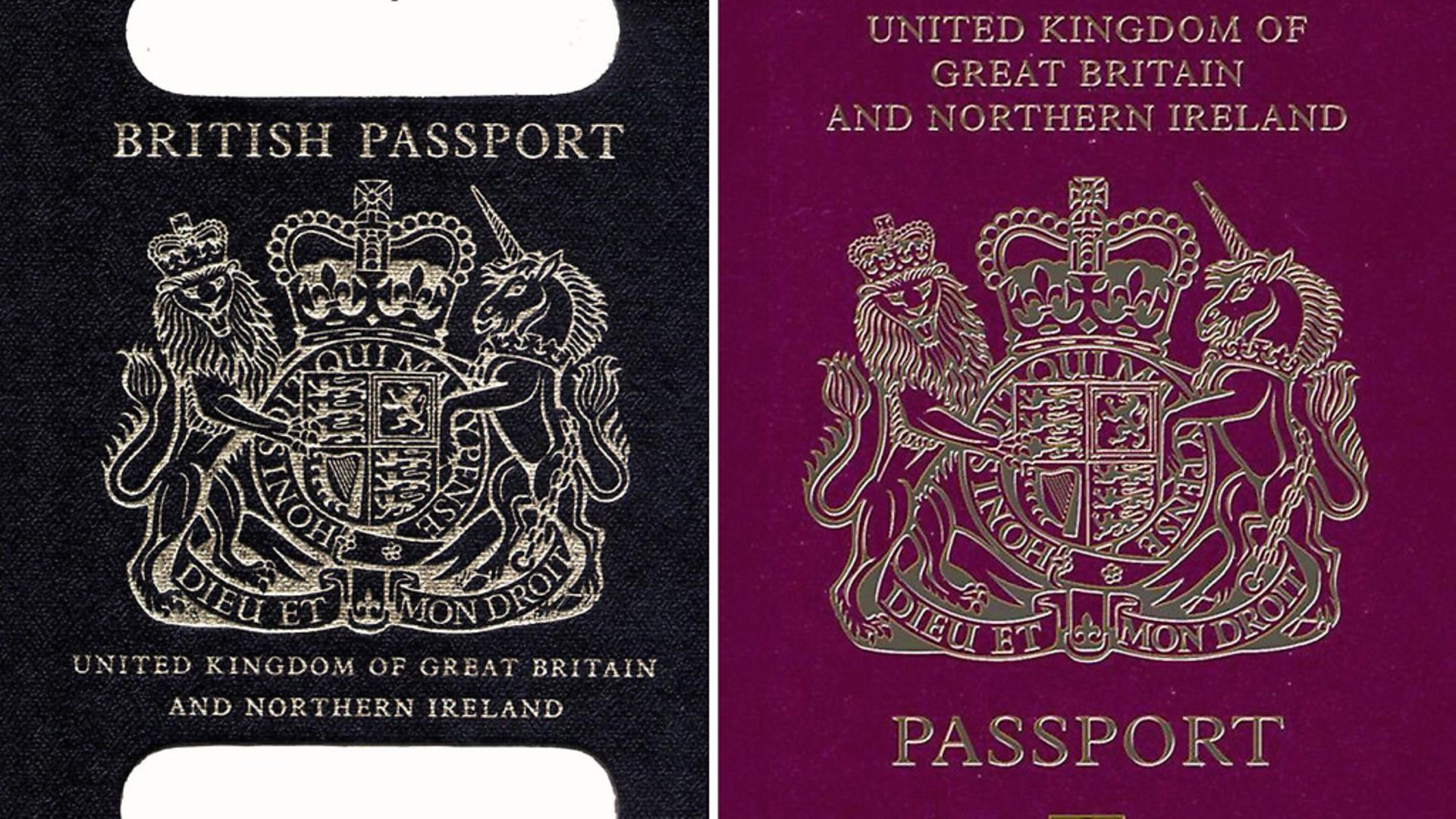
The blue passport fiasco rumbles on.
Manufacturer De La Rue, which lost out to a Franco-Dutch firm, is threatening to take the government to court over losing the contract.
De La Rue said it was the ‘highest quality and technically most secure’ option for producing the post-Brexit travel document, warning it was in the national interest to ditch the Home Office’s preferred bid.
The looming legal challenge comes as a Daily Mail petition calling for the Home Office to give the contract to a British firm reached 266,000 signatures.
Ministers have defended a preliminary decision to grant the contract to Gemalto, which they say will save taxpayers about £120 million.
De La Rue has accepted its is a more expensive option, but cast doubt on the sustainability of the rival quote.
‘We confirm that we are taking the first steps towards initiating appeal proceedings against the provisional decision to award the British passport contract to a part state-owned Franco-Dutch company,’ a spokeswoman said.
‘Based on our knowledge of the market, it’s our view that ours was the highest quality and technically most secure bid. We can accept that we weren’t the cheapest, even if our tender represented a significant discount on the current price.
‘It has also been suggested that the winning bid was well below our cost price, which causes us to question how sustainable it is.
‘In the light of this, we are confident that we remain the best and securest option in the national interest.’
In December, the government announced that the UK passport would change from the standard EU burgundy colour to a blue and gold design after leaving the bloc.
The blue cover was billed as a return to the ‘iconic’ original appearance of the British passport, with the colour first used in 1921.
At the time the move was announced, Theresa May said the document was an ‘expression of our independence and sovereignty’.
Ministers came under fire after reports emerged that the new travel document would be manufactured in France.
The Prime Minister has also faced calls to explain to British workers why the passport appears set to be made on the Continent.
Warning: Illegal string offset 'link_id' in /mnt/storage/stage/www/wp-includes/bookmark.php on line 357
Notice: Trying to get property 'link_id' of non-object in /mnt/storage/stage/www/wp-includes/bookmark.php on line 37






